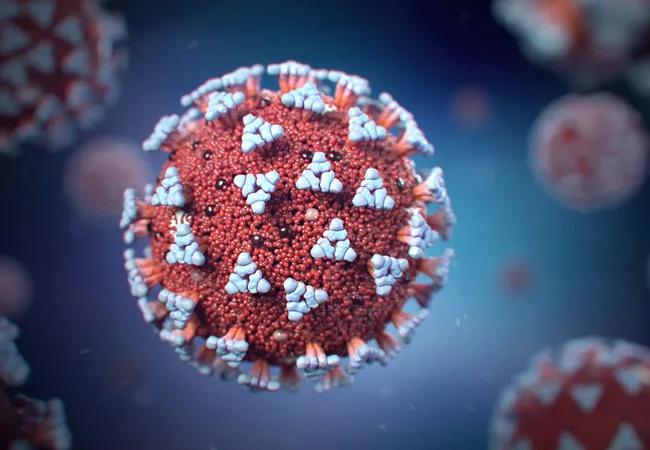
Interleukin 6 (IL-6) inhibitors have taken center stage amid the COVID-19 pandemic, given the role of IL-6 in the cytokine storm phase of COVID-19. Although IL-6 inhibitors have been used for the treatment of immune-mediated disease for some time, they have not been used in the acute intensive care setting. Additionally, new data question the efficacy of IL-6 inhibitors for the treatment of COVID-19. Cassandra Calabrese, DO, Prabalinin Rajendram, MD, Gretchen L. Sacha, Pharm D, and Leonard Calabrese, DO, recently authored a review on the administration and safety of IL-6 inhibitors. The review was published in a collection of COVID-19 Curbside Consults from the Cleveland Clinic Journal of Medicine.
Advertisement
Cleveland Clinic is a non-profit academic medical center. Advertising on our site helps support our mission. We do not endorse non-Cleveland Clinic products or services. Policy
IL-6 plays a central role as a driver of inflammation. In research of viral pneumonias (severe acute respiratory syndrome coronavirus and Middle East respiratory syndrome), IL-6 has been associated with increased levels of pro-inflammatory cytokines that lead to T-cell depletion and pulmonary inflammation with extensive lung disease.
IL-6 levels are correlated with disease severity. That said, serum IL-6 levels are only modestly elevated in COVID-19 compared to other conditions associated with acute respiratory distress syndrome (ARDS).
Numerous nonrandomized studies of IL-6 inhibitors in patients with severe COVID-19 infection have been published in the last several months with generally positive results. Many of these trials suffer from confounders, including the inability to account for the progressive improvement in management of patients with severe COVID-19 and variability in the timing of therapy. Importantly, larger international randomized control trials of tocilizumab and sarilumab were stopped early for futility. Results from these studies have not yet been published; however, their results question the efficacy of IL-6 as a treatment target in COVID-19. Post-hoc analysis may reveal trends toward efficacy in different patient populations.
Other large trials are underway, including REMDACTA, which evaluates the efficacy and safety of remdesivir plus tocilizumab in patients with severe COVID-19 pneumonia and the Randomized Evaluation of COVID-19 Therapy (RECOVERY) trial. The authors report eagerly awaiting the results of these trials.
Advertisement
Historically, IL-6 has been targeted in chronic conditions. In those instances, IL-6 inhibitors have been associated with risks of serious and opportunistic infections. If a patient has an active and uncontrolled secondary bacterial, fungal or mycobacterial infection, this would be a strong reason not to begin IL-6 inhibition. According to the authors, vigilance with IL-6 inhibition is warranted as it is associated wit increased gastrointestinal perforations, leukopenia, thrombocytopenia and elevations of hepatic transaminases.
The authors recommend careful patient selection, attention to dosing and monitoring of biomarkers in instances in which IL-6 is targeted for the treatment of COVID-19.
The full article with references from Cleveland Clinic Journal of Medicine’s COVID-19 Curbside Consults is available here.
Advertisement
Advertisement
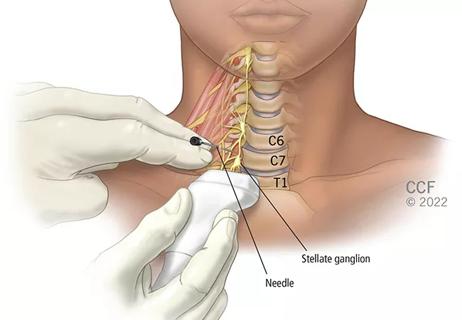
Patients report improved sense of smell and taste
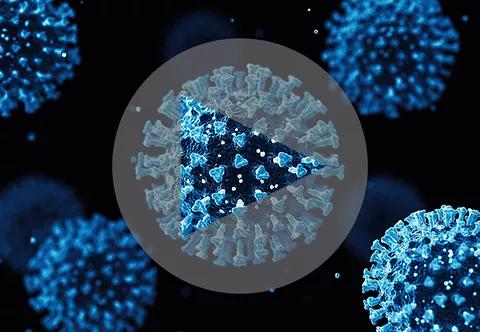
Clinicians who are accustomed to uncertainty can do well by patients

Unique skin changes can occur after infection or vaccine

Cleveland Clinic analysis suggests that obtaining care for the virus might reveal a previously undiagnosed condition

As the pandemic evolves, rheumatologists must continue to be mindful of most vulnerable patients
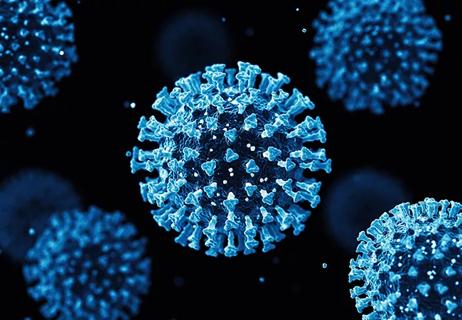
Early results suggest positive outcomes from COVID-19 PrEP treatment
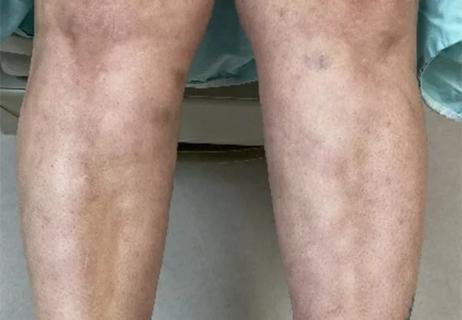
Could the virus have caused the condition or triggered previously undiagnosed disease?

Five categories of cutaneous abnormalities are associated with COVID-19